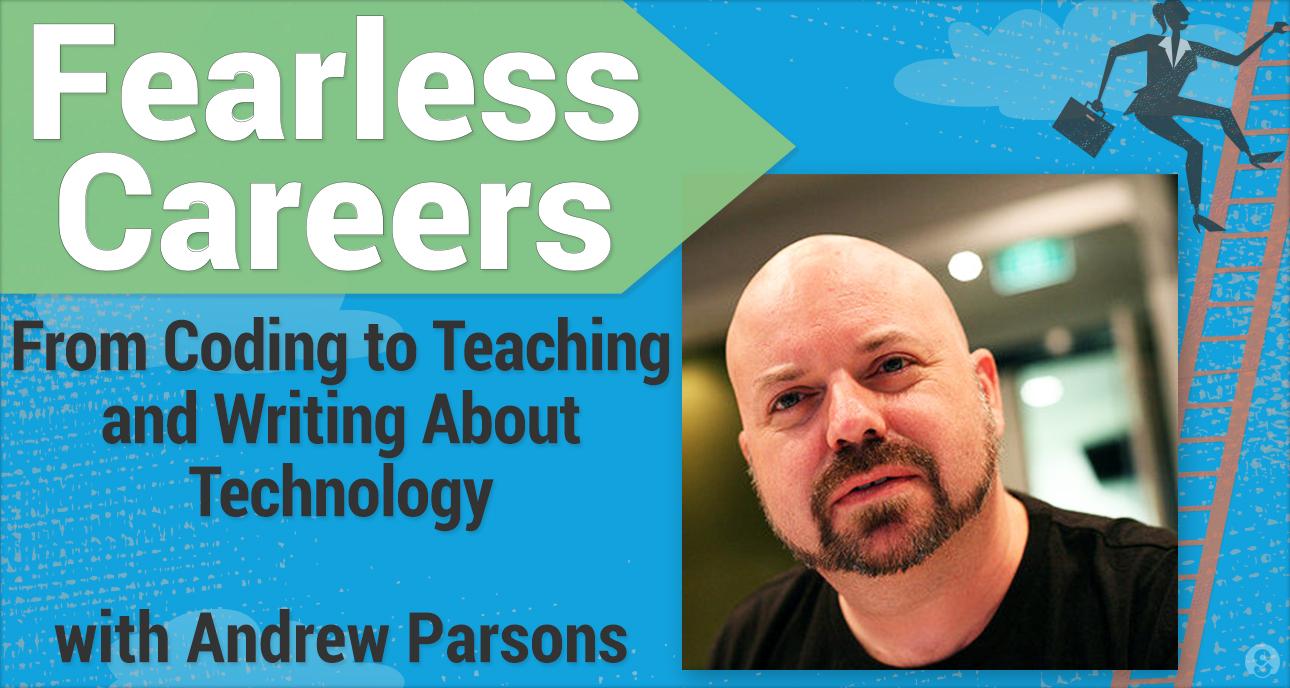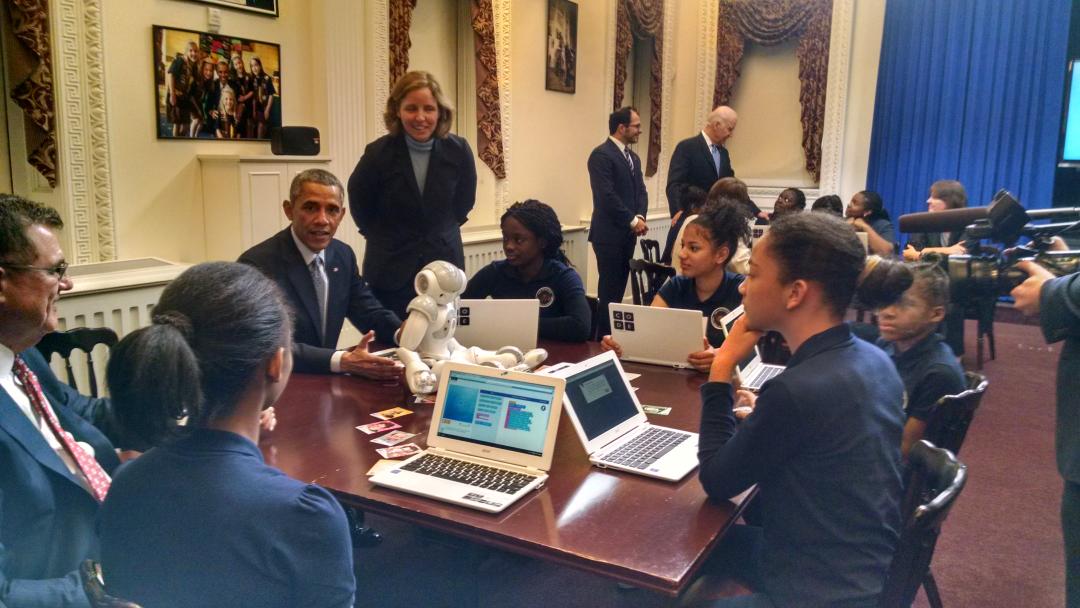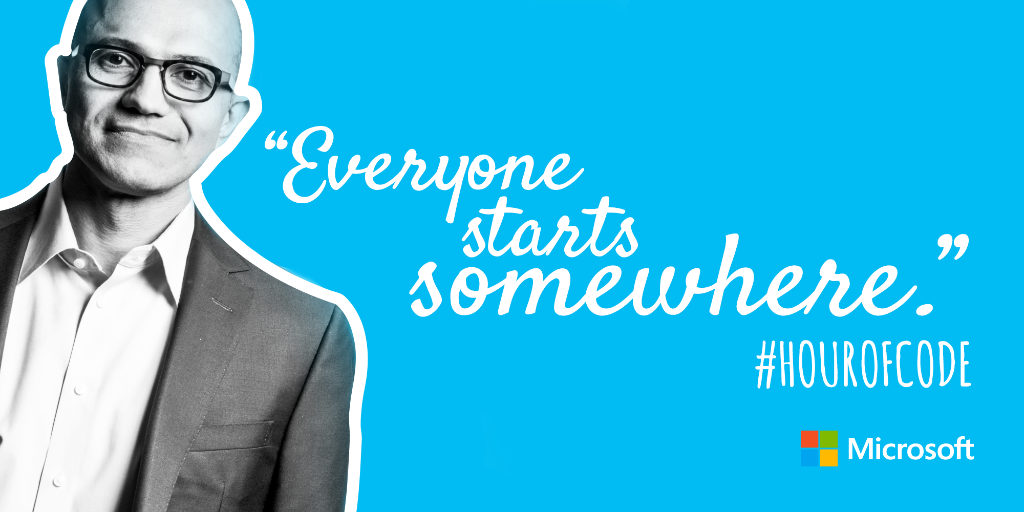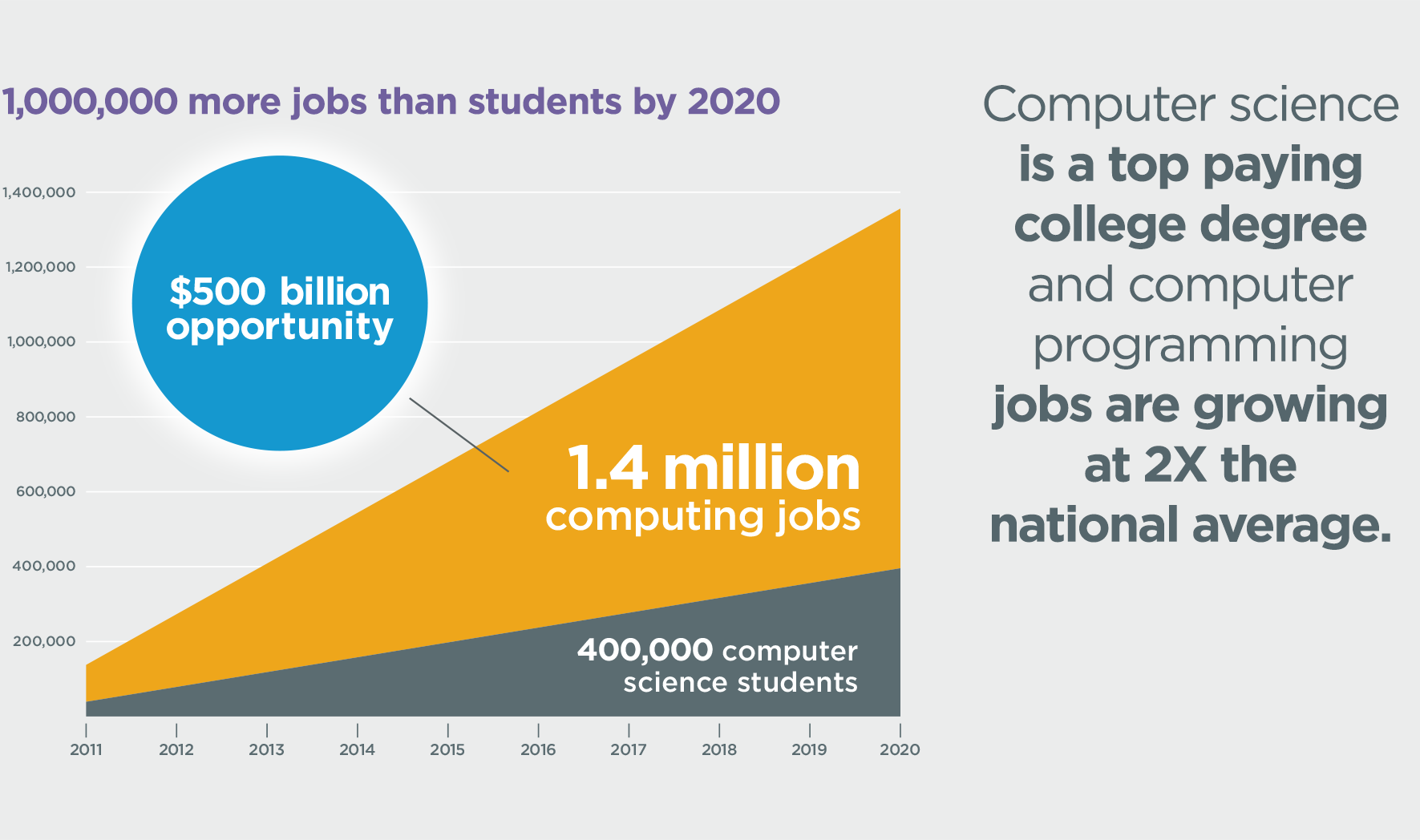This is the year I got serious about doing things differently in my class. Three tools really helped me out. Yes they are all from Microsoft and part of me really wants to be angry with the company for reasons that are outside the scope of this blog. At the same time I love these tools. In several cases I also know the people behind them and think they are pretty special as well. Did I mention that they are free? Well one is an add-on to software that is not free but it’s still cool. So what are they and why do I like them?
TouchDevelop.
Now I have toyed with TouchDevelop in the past (prior to 2014) but this year I really dug into it. I use TD to introduce my students to programming concepts. It is a great way to show them loops, decision statements and even variables in a nice way similar to drag and drop languages. Syntax is largely removed as a barrier but the results look more like a “real programming language.” This is especially true with the new skill levels recently introduced. The ease of doing graphics with turtles and the creating games with sprite is a huge plus as well. I plan to expand on my use of TD next semester.
I will add that Peli de Halleux from Microsoft Research has been very responsive to my questions. Plus he teaches computer science at a high school local to him in Washington state so he is motivated to help make TD a great learning/teaching tool.
Code Hunt
CodeHunt is a sort of programming game. One is presented with a puzzle and asked to write the code to create the results from generated test data. One writes their answer in either C# or Java. That Java is an option should make it attractive to teachers of APCS. Some of these are hard. The truth is though that my students like the challenge. They want to try these puzzles.
What makes it even cooler for teachers is that one can create their own code puzzles. I have created a few and my plan is to make a whole set of them over time and assign them to my Honors Programming students. Another plus is that Code Hunt works well with my third great tool – Office Mix.
Office Mix
Unlike the others above Office Mix is not just about programming. To the contrary it is a general purpose educational tool that is ideal for flipped classroom work. It is a free add-on to PowerPoint (2013 or Office 365) that lets you record your presentations with voice and ink AND add things like quiz questions and Code Hunt puzzles and more. TouchDevelop works with it as well though I am struggling with that right now. How cool is it? I spent money out of pocket to get Office 365 so I could keep using it after my free trial of PowerPoint 2013 started to get close to running out.
I’ve used this as a review tool for my students in several courses. Students can watch and listen to my go though a PowerPoint and then take review questions to make sure they are getting it in. Some of my Mixes also conclude with Code Hunt puzzles so that students can put the code they have just learned into practice. How cool is that? Oh and it is all online and students can run it on any web browser. No matter what subject you teach it is worth checking out. Also there is a whole gallery of Mixes by others where you may find something useful by other people. Sharing is a good thing! There are sections for Art, Computer Science, Economics and Finance, language arts, math, science, Social Studies and more.
These tools are changing the way I teach. For the better I think. What did you take on this past year that worked for you?










